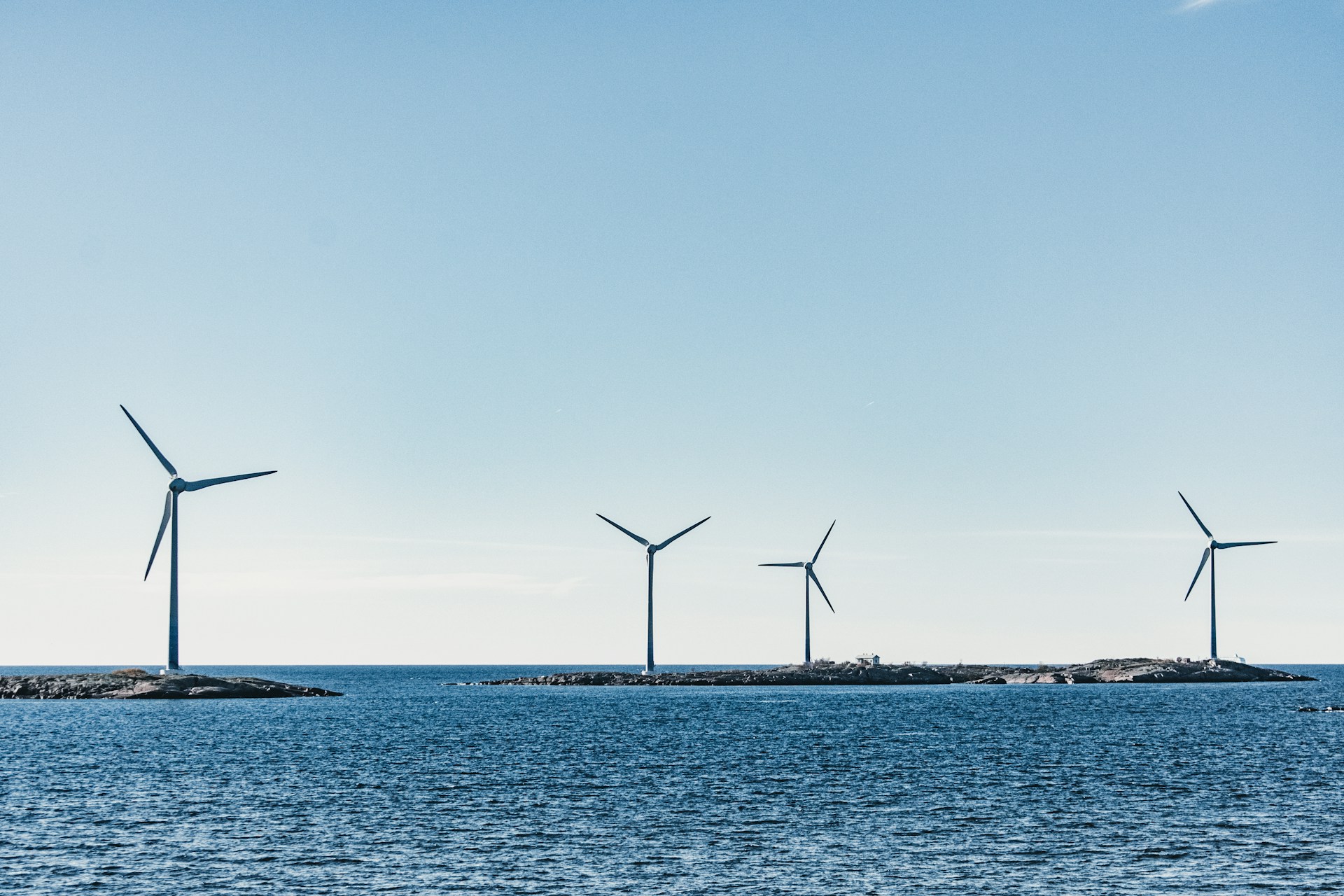European Commission Approves Belgian Offshore Wind Scheme

The European Commission has given the green light to a €682 million ($756 million) Belgian initiative aimed at advancing offshore wind energy, contributing to the transition toward a net-zero economy.
This funding will support the development and operation of Belgium’s first offshore wind farm in the Princess Elisabeth Zone, located in the North Sea. The wind farm is expected to have a 700MW capacity and produce at least 2.6TWh of renewable electricity annually.
The financial support will be provided in the form of a monthly variable premium under a two-way contract for difference (CfD). This premium will be paid over a 20-year period.
The premium will be based on the potential electricity output of the wind farm, not its actual production, exposing the project to market fluctuations. The revenue generated by the producer will be tied directly to electricity sales at market prices.
The Belgian energy regulator, CREG, will calculate the premium by comparing the strike price set in the tender process for the chosen project beneficiary with a reference market price for electricity.
If the strike price is higher than the reference market price, the state will cover the difference for the beneficiary. However, if the reference market price exceeds the strike price, the beneficiary will be required to pay the difference back to the Belgian government.
“Today, we approved this measure enabling Belgium to support the construction and operation of the first offshore wind farm in the Princess Elisabeth Zone in the North Sea. It will help Belgium reduce its dependence on Russian fossil fuels. At the same time, it ensures that any potential competition distortions are kept to a minimum,” said Margrethe Vestager, Executive Vice President in charge of competition policy at the European Commission.